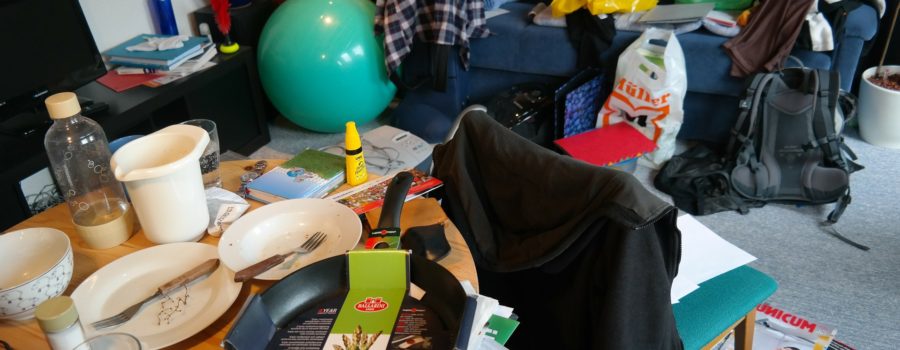I was helping a client clean out a house. It was a clean out with a very sad story. My client’s wife, not even 50, was diagnosed with stage 5 cancer and died within a year. She was an artist and a collector of beautiful things. Many, many, many things.
In every home there are two kinds of stuff: stuff that can be sold, like antiques, and stuff that isn’t worth selling, which I recommend donating. In this case, a lot of her things were antiques from estate sales, yard sales, Brimfield etc. The other stuff, things like pasta makers, sewing supplies, wine glasses, so many shoes and clothes, a gazillion nice smelling soaps, had to be donated.
It seemed pretty straightforward as the widower and I filled our cars for a trip to Savers. Yet it took a turn as we approached the drop-off area, where other people dropped off items were scattered on the curb like trash. We added her beautifully cared for items to the mess on the curb.
My client was a bit undone by the process. And I don’t blame him at all.
When we got back to the house, I explained, “You just witnessed the seedy side of what I do. And I don’t have other options.”
It’s true. Unless you’ve got all the time in the world to sell items individually, donating items that have no value today is the best option—certainly, a better choice than throwing everything out.
My client was very self-reflective and recognized his reaction was visceral. Her loss is still raw and letting go of her possessions would have been unnerving under the best of circumstances. Adding those items to an existing pile added insult to his already painful injury.
Fortunately, the story took a turn for the positive. Shortly after our trip to Savers, we met with an antiques dealer who will pay my client for everything else in the home–including two men to help him pack up and take away the linens, costume jewelry, lamps, cool ephemera, and antiques left in the home. While the price will never equal what we think the items are worth, it will be gone, and to a better home hopefully. The process much more dignified.
When we make a purchase, we don’t think much beyond the present and the near future. Unless you are buying a certain item with the idea of passing it on after you’re gone, chances are you are not thinking about what will happen to it after you die. Or who will be responsible for it. That thought just doesn’t cross our minds.
Perhaps it should.
In previous newsletters, I have talked about buying quality over quantity. It wasn’t exactly with a scenario like the above in mind. Yet it sure makes you think about buying items with emotional and financial value over impulse buys or things you may not have really needed.
If you know someone who has lost a loved one recently and needs some assistance with their things, please have them give me a call at 508-246-6120 or drop a line.




